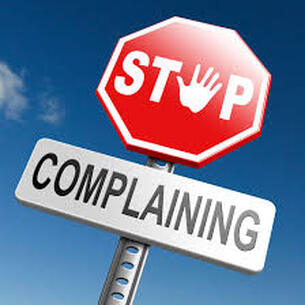
ויצעק העם אל־משׁה ויתפלל משׁה אל־יהוה ותשׁקע האשׁ׃
But the people began complaining about their hardships to Adonai. When Adonai heard it, his anger flared up, so that fire from Adonai broke out against them and consumed the outskirts of the camp. Then the people cried to Moshe, Moshe prayed to Adonai, and the fire abated. (Num 11:1-2 CJB)
A PROBLEM WITH HONESTY.
We are taught to always be honest with our feelings; that it is part of honesty to openly express what we feel. It may be a good thing, but it also can backfire. It is the squeaky wheel that gets the grease!” they say; and while it may be true, it is also the one that gets replaced. It is then that we realise that maybe we didn’t have it so bad after all. Whether in life, in career, or with HaShem, we do not want to get replaced.
A fool gives vent to all his feelings, but the wise, thinking of afterwards, stills them. (Pro 29:11 CJB)
Even a fool, if he stays silent, is thought wise; he who keeps his mouth shut can pass for smart. (Pro 17:28 CJB)
I noticed that the Siddur, the Jewish book of prayers, is in the first person of the plural. It is mostly expressed in “Please help us”, “Our Father , our King…” and, or almost never, in the first person (“I”)! This shows that Jewish people saw themselves as a community, not just as individuals. Many of HaShem’s communications with Israel, such as the Aaronic Blessing which we saw last week, address Israel in the second person of the singular, which shows that HaShem looked at the whole of Israel as a single unit. Even the Master taught us to pray using that model.
'Our Father in heaven! ... Give us the food we need today. Forgive us what we have done wrong, as we too have forgiven those who have wronged us. And do not lead us into hard testing, but keep us safe from the Evil One. (Mat 6:9-13 CJB)
THE LEGISLATOR’S DILEMMA
Why do I bring the subject of community up? As the legislator of a group, Moshe probably knew that it is possible to please all the people, sometimes; that it is also possible to please some of the people all the time; and that it is impossible to please all the people all the time. I heard it said by a politician one time that “no legislation is ever perfect.” We are social creatures, and as social creatures we have a need to live with others and when we live with others, we do not always get what we want, how and when we want it. There is no way around it; consensus requires give and take and. And still people complain.
I am a believer in the positive traits of human nature, so I think that when faced with the reality of the need for give and take for consensus, people agree to it. Why do we complain then? Is it just because we don’t get what we want? Do we have an agenda?
THE HIDDEN FACE OF COMPLAINING
The parasha this week takes us through the first of a litany of complaints in the Book of Numbers, each complaint stemming from a hidden agenda.
First the people of Israel complain of their hardship that is until they get a good wallop from HaShem. Then the “mixed multitude” of Gentiles that had come with them from Egypt starts pining for the nice food of Egypt; they complain about the bread freely given to them daily from the very vaults of Heaven.
Next, that same mixed multitude that was with them grew greedy for an easier life; the people of Isra'el for their part, renewed their weeping and said, "If only we had meat to eat! We remember the fish we used to eat in Egypt -- it cost us nothing! -- and the cucumbers, melons, leeks, onions, garlic! But now we're withering away, we have nothing to look at but this manna." (Num 11:4-6 CJB)
As commentator Rashi said, they really had no real cause to complain. I remember one of my sons who always complained about my wife’s excellent cooking. After he had been away from home for a couple of years, he admitted that what he missed the most about home was the three meals served everyday without fail. Like the Children of Israel in the desert, he freely received all that he needed and really had nothing to complain about.
It is said in Numbers 11:4 that it is the “Mixed Multitude” who complained about the food of Egypt. By the term “Mixed Multitude”, the text referred to the many Gentiles who left with Israel on the night of the Exodus.
A mixed crowd also went up with them, as well as livestock in large numbers, both flocks and herds. (Exo 12:38 CJB)
Israel had been told to not be influenced by that crowd,
Do not follow the crowd when it does what is wrong; and don't allow the popular view to sway you into offering testimony for any cause, if the effect will be to pervert justice. (Exo 23:2 CJB)
The Exodus dynamics of Israel and that of the mixed multitude differed much. In a certain sense, Israel had to leave; it didn’t have a choice if it wanted self-determination. The Gentiles on the other hand didn’t have to. They had a choice; they left of their own volition. Also, there was no turning back for Israel; but like Orpah, Neomi’s daughter-in-law, the Gentiles could return (Ruth 1:14). That reminds me of some people that I met. They “cross-over” from traditional chritianity to Messianic Judaism. They are all excited about it, but after a few years or when things do not go the way they thought, they go back to their original form of religion. It is up to them to do so, but what I am getting at is that, whereas these people have an option, the Jewish believer doesn’t; he will always be a Jewish believer, a Messianic Jew. To join a church, he has to stop being a Jew and living a Jewish life and why should he do that?
What this teaches us is that the complainer may not be fully committed. He already has thought of options.
WHAT’S WITH THE COMPLAINER?
Complaining has really nothing to do with one’s external environment and condition, but it has everything to do with one’s internal attitude. Complaining is a frame of mind; a bad habit. The question is, what do we try to get out of it?
TO SEPARATE FROM THE ALMIGHTY
The underlying theme behind a complainer is not necessarily that he wants the situation to improve. What he wants is what one gets from complaining. What he wants is the reward of complaining which is a justification to free himself from the acknowledgment of, and therefore of the obligation to be thankful and grateful towards those who actually care for him.
Whether concerning the Mixed Multitude in the desert attitude with HaShem, or one’s personal relationship with people such as a family member, spouse, congregation brother/sister, it is the same thing. When we decide that, for a selfish reason or another we want to keep away from someone, we first start concocting complaints against them. These complaints then become the excuse we need to free ourselves from the relationship, or at least from the gratitude we owe to that person. It is a dangerous behavior. The sages of the Talmud have expressed that when a person is not appreciative of the good others do for him, he eventually denies the good that HaShem does for him also.
IT’S CONTAGIOUS, AND NOT EXPEDIENT!
Lastly, complaining is contagious. We need to stay away from its contaminators, and especially not be a contaminator ourselves. We must also be careful that because complaining is mostly an attitude of the heart, it could be asymptomatic while spreading its contamination. I like what the Rabbi of the New-York Yeshiva said when faced by the media about his school being responsible for the measles outbreak a couple of years ago. He said that he did not agree with his people not immunizing against the measles. He said that the Torah tells us to be concerned about not putting others in danger, and that was more important in HaShem’s eyes than upholding uncertain personal individual rights. Again, in the eyes of this Rabbi, the group is more important than the individual. We may have the right to complain, but it is dangerous.
"Everything is permitted," you say? Maybe, but not everything is helpful. "Everything is permitted?" Maybe, but not everything is edifying. (1Co 10:23 CJB)
COMPLAINING: A FORM OF ATHEISM!
HaShem is the one in charge of our lives. When we complain or try to manipulate our own destiny away from HaShem’s control, we become worse than atheists. Why? Because we deny the Presence of God with us. We act as if He couldn't see us.
Rabbi Shmuelevitz says, “When a mother travels with an infant from Jerusalem to Tel-Aviv, one cannot say that the infant has really gone from one place to another. The place of the infant is with its mother. As long as it is with its mother there is no difference in what city it is in. Similarly with the Israleites in the wilderness.” What the rabbi is saying is that if they do everything according to the Word of the Almighty, they are always with Him; they are always in His presence. We lonely ose the Presence of HaShem as we disobey and try to do our own will; and how does that happen? It starts with complaining!
THE VACCINE AGAINST COMPLAINING Focus on the good instead of complaining about what is wrong. (Rabbi Zelig Pliskin)
In everything give thanks, for this is what God wants from you who are united with the Messiah Yeshua. (1Th 5:18 CJB)
Now true religion does bring great riches, but only to those who are content with what they have. For we have brought nothing into the world; and we can take nothing out of it; so if we have food and clothing, we will be satisfied with these. (1Ti 6:6-8 CJB)
MAY WE LEARN TO BE SATISFIED WITH THE HEAVENLY BOUNTIES OF HASHEM.
MAY WE LEARN TO WORSHIP HIM AND HIM ONLY AS WE ALSO LEARN TO KEEP AWAY FROM COMPLAINING.
ר, גבריאל
R' Gavriel
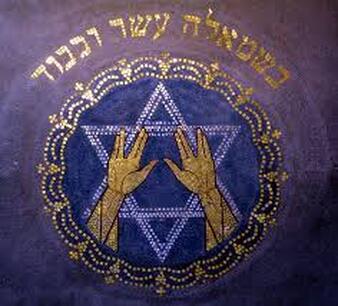


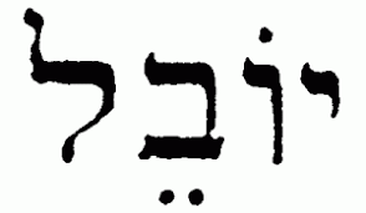
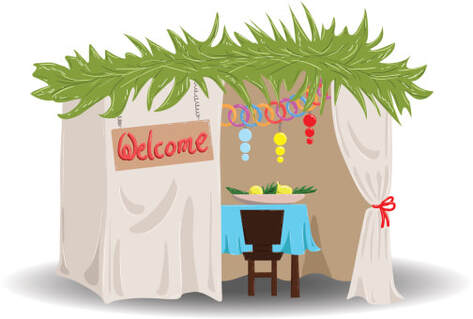


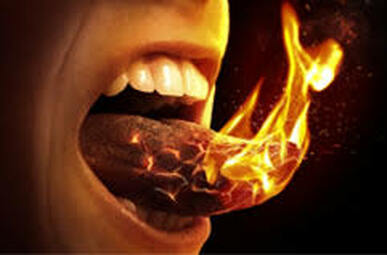

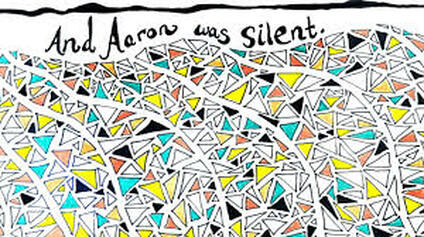
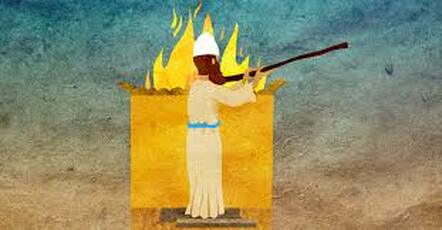
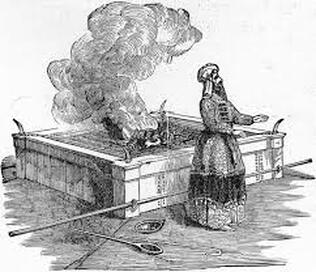
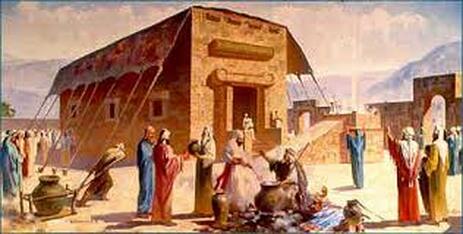
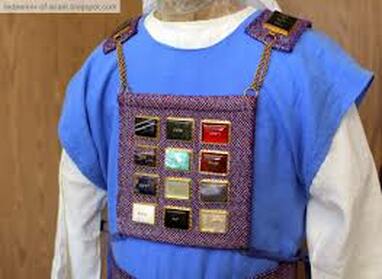

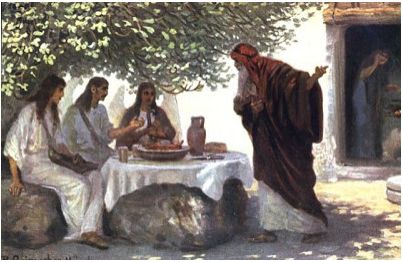
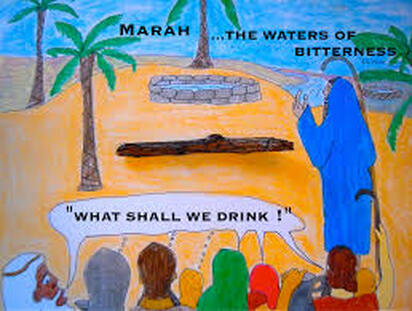
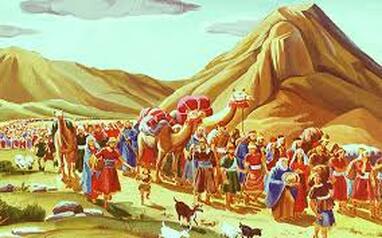
 RSS Feed
RSS Feed